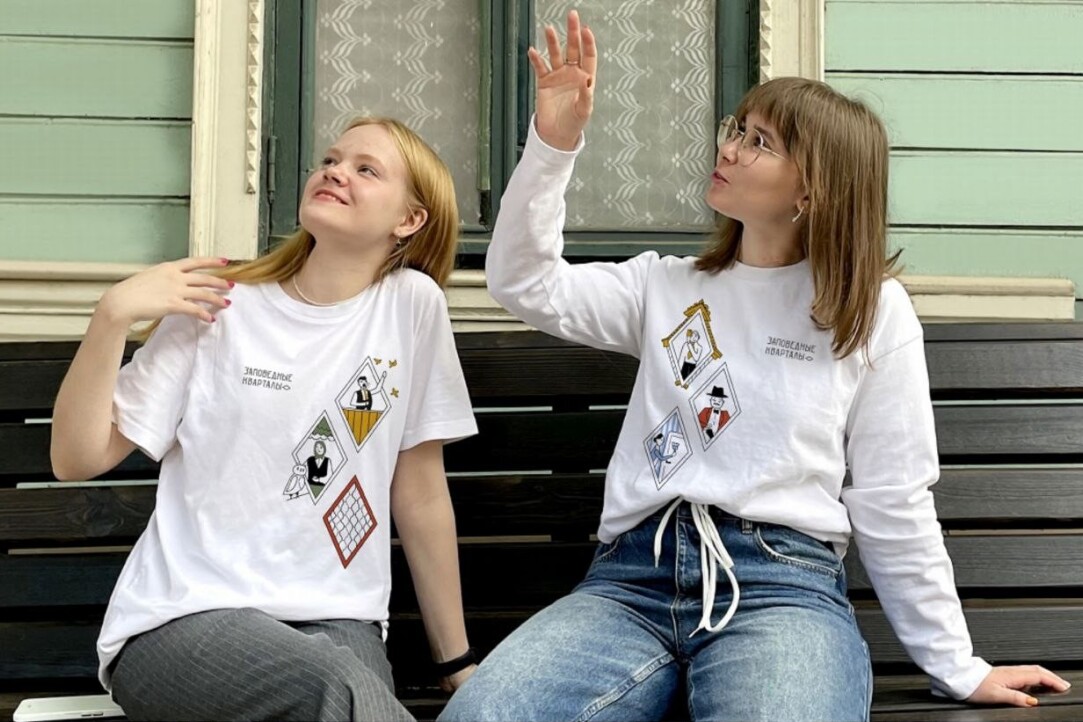
‘In Search of the Key to the Past’: Students of HSE Art and Design School in Nizhny Novgorod Develop Collection of Souvenirs
The HSE Art and Design School in Nizhny Novgorod, together with the ‘Protected Quarters’ project to revive Nizhny Novgorod’s historical territories, have carried out the ‘Timeless’ creative project, which included a design laboratory and an educational programme. As a result of the creative workshop, students made concepts for souvenir products based on the local identity.
.png)
How the Telephone Conquered the World. Episode Three: Connecting People
Today, we can make a telephone call to anyone, anywhere in the world—but this was not always the case. In this series of columns on IQ.HSE, Anton Basov, HSE Faculty of Computer Science editor, discusses how telephones have become an integral part of our everyday life. The third episode focuses on the evolution of telephone connections, the first subscribers, and the history of the telephone directory.
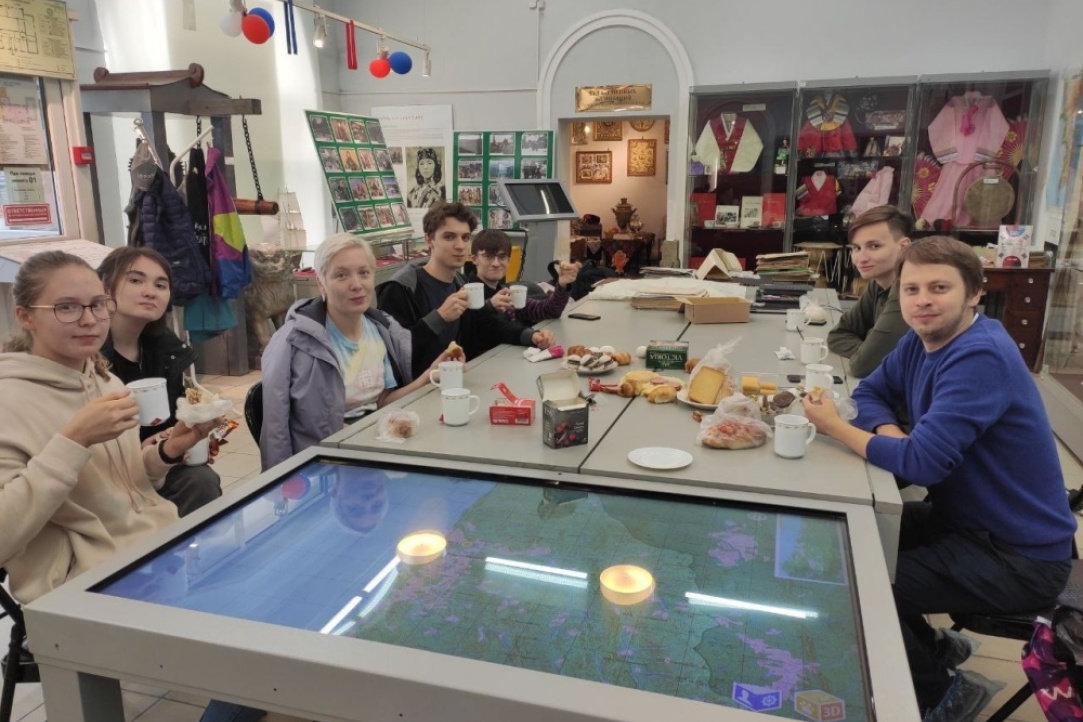
‘We Have Always Loved You, Sakhalin’: Research Expedition Studies Sociocultural Anthropology of Miners' Working Life in the USSR
Researchers from the School of Foreign Languages and the Group for Historical Research, together with students of the History programme at the HSE University campus in Perm, have come back from an expedition to Sakhalin Island, where they studied Soviet industrial culture and the working life of miners. The expedition participants shared their impressions of their ‘immersion into the past’ and the extraordinary landscapes of the island with the HSE News Service.

‘I Have Always Respected the University’s Comprehensiveness and Inclusiveness’
Throughout July, students of the HSE International Summer University are studying Russian History and Behavioural Economics. The courses are taking place in an online format—something that seemed unthinkable for a summer programme before the COVID-19 pandemic. Recent years have shown that online learning is a unique opportunity for students from all over the world to study with leading HSE University professors from the comfort of their own homes.
_-_page_25%20copy.png)
Funny Pictures of Difficult Era
The first major Soviet publisher of children's literature, Raduga, was established a century ago and featured the debuts of many authors who would later go on to become famous, as well as illustrations by prominent artists. Based on a research paper by Marina Sazonenko, graduate of the HSE Doctoral School of Art and Design, IQ.HSE examines how — and why — the illustrations in Soviet periodicals for children changed over time.

‘There Is Something Inherently Interesting in People Who Break the Mainstream Norm’
This December, HSE University’s Poletayev Institute for Theoretical and Historical Studies in the Humanities hosted Professor Juliane Fürst, from Leibniz Centre for Contemporary History, who gave a lecture about Soviet hippies and the Soviet Flower Power. In an interview with HSE News Service, Professor Fürst spoke about her interest in Soviet subcultures and her research plans.
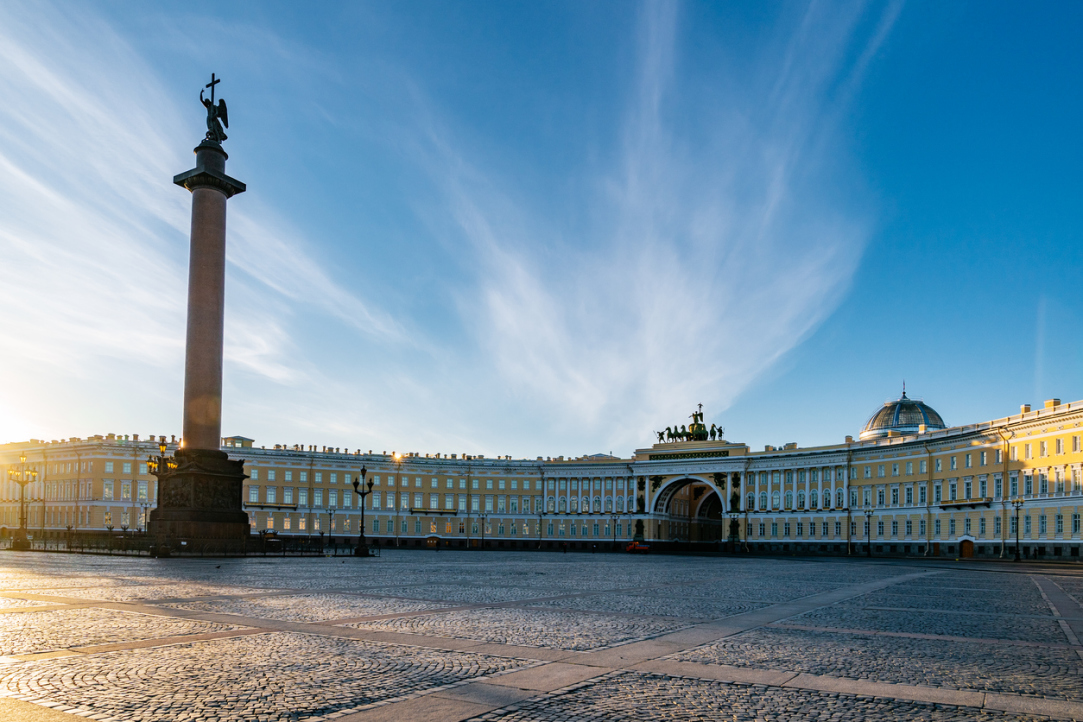
‘Boundaries of History’ Seminar Starts New Season of Meetings
On September 30, Stephen Riegg, Assistant Professor of History of the Texas A&M University, presented his book Russia’s Entangled Embrace: The Tsarist Empire and the Armenians, 1801-1914 at the first seminar of this year’s Boundaries of History series.We spoke with Professor Alexander Semyonov, the seminar chair and the Director of the HSE Centre for Historical Research, about the goals of the seminar and to Stephen Riegg about his research.
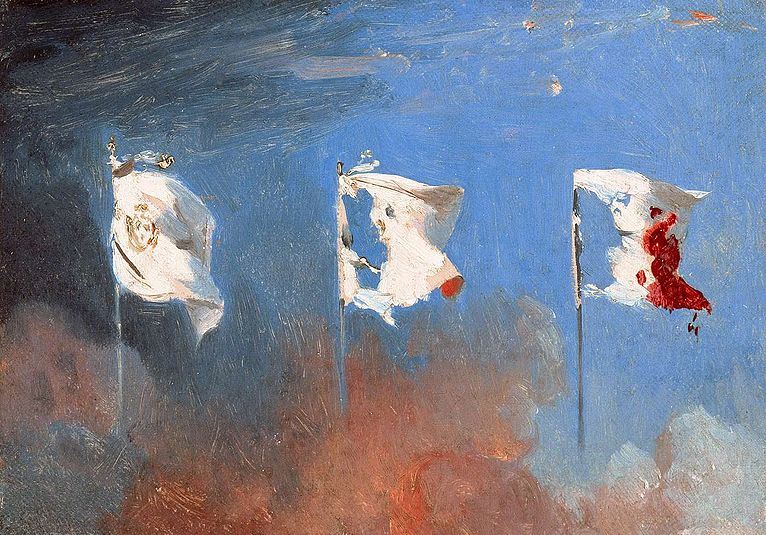
European Values: From the Discovery of America to the First World War
The English-language course ‘Europe and the World, ca. 1500 to 1914’ has launched on Coursera. Its author, Andrey Iserov, Deputy Dean for International Affairs at the HSE Faculty of Humanities, examines a historical span of four centuries during which European states reached the peak of their economic, military, and political power. Students of the course will learn how the independence of Hispanic America by the mid-1820s influenced China, what caused the religious schism in Western Christianity in the 16th century, and how European colonial policy developed.
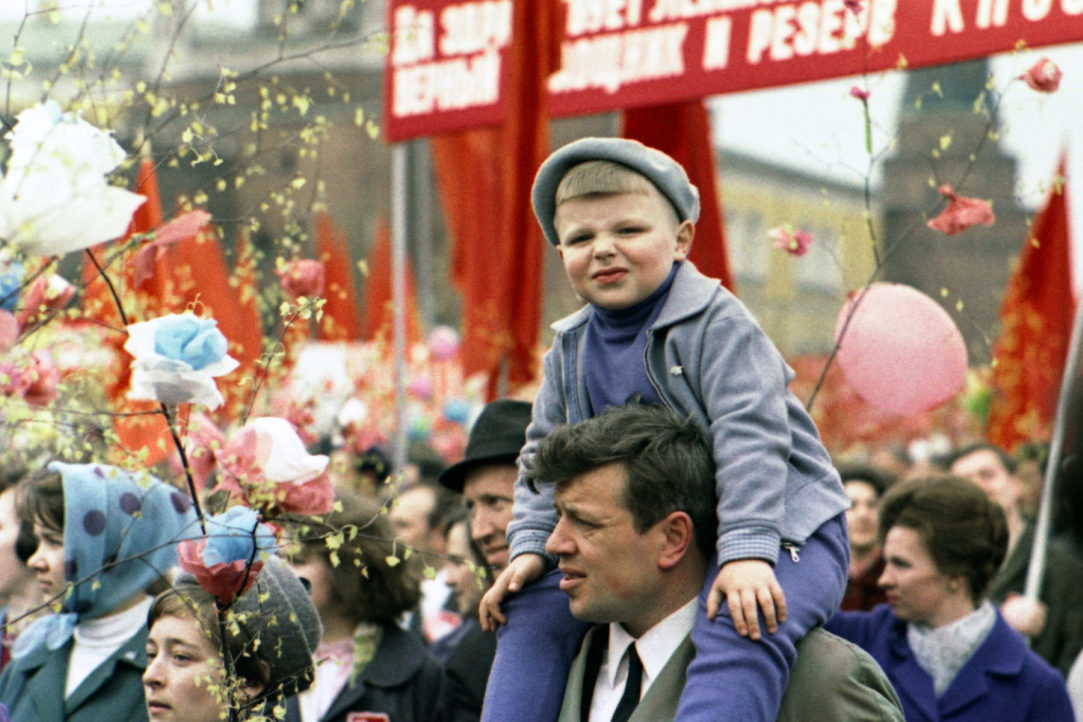
‘The Past Is Never Dead. It's Not Even Past’
This summer, the HSE Centre for the History and Sociology of World War II and Its Consequences was reorganized to become the HSE Institute for Advanced Soviet and Post-Soviet Studies. Oleg Budnitskii, Doctor of Historical Sciences, head of the Centre and director of the Institute, talked to the HSE News Service about the new division.

Exploring the History of Places and Environment in Russia
The collective volume Place and Nature: Essays in Russian Environmental History, co-edited by David Moon, Nicholas B. Breyfogle, and HSE researcher Alexandra Bekasova, was recently presented at a seminar of the Laboratory for the Environmental and Technological History of the Centre for Historical Research at HSE – St. Petersburg. The book is one of the fruits of a networking project carried out in 2013-2016 with active participation of HSE researchers.


Deadline for applications to present academic reports - January 20, 2025